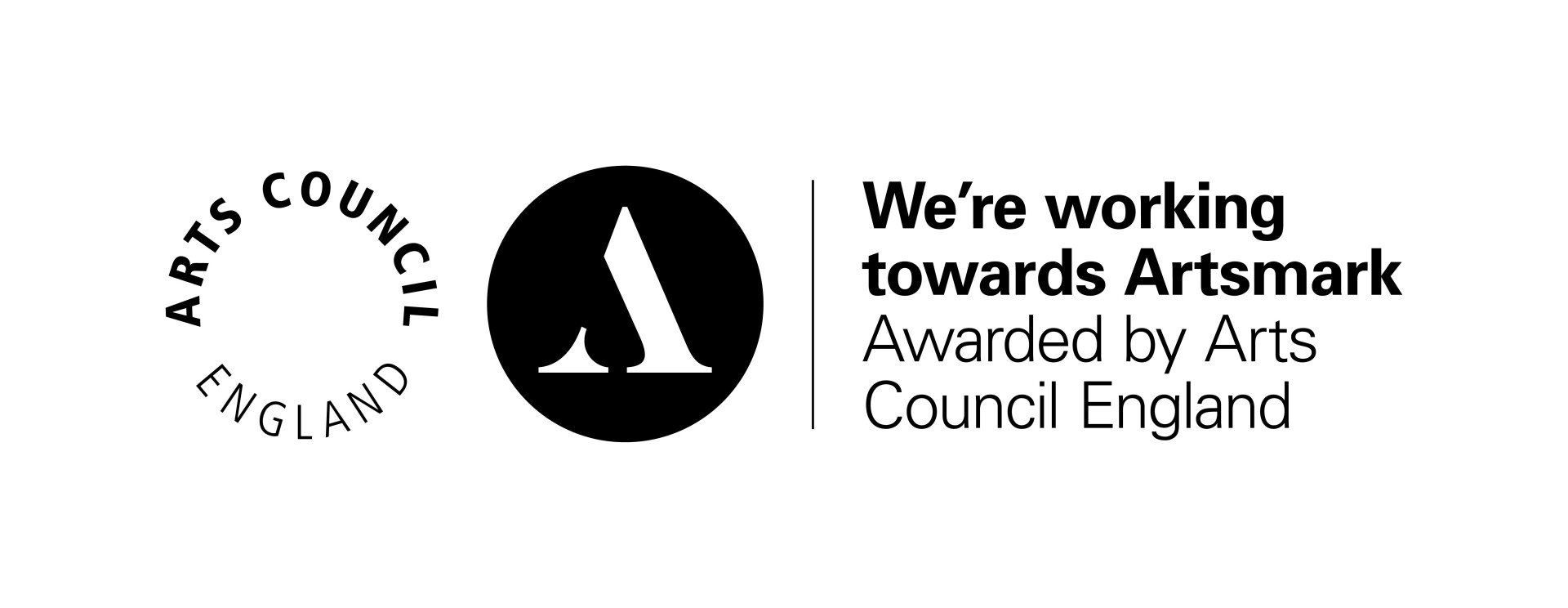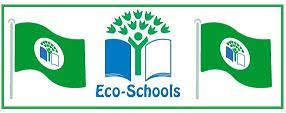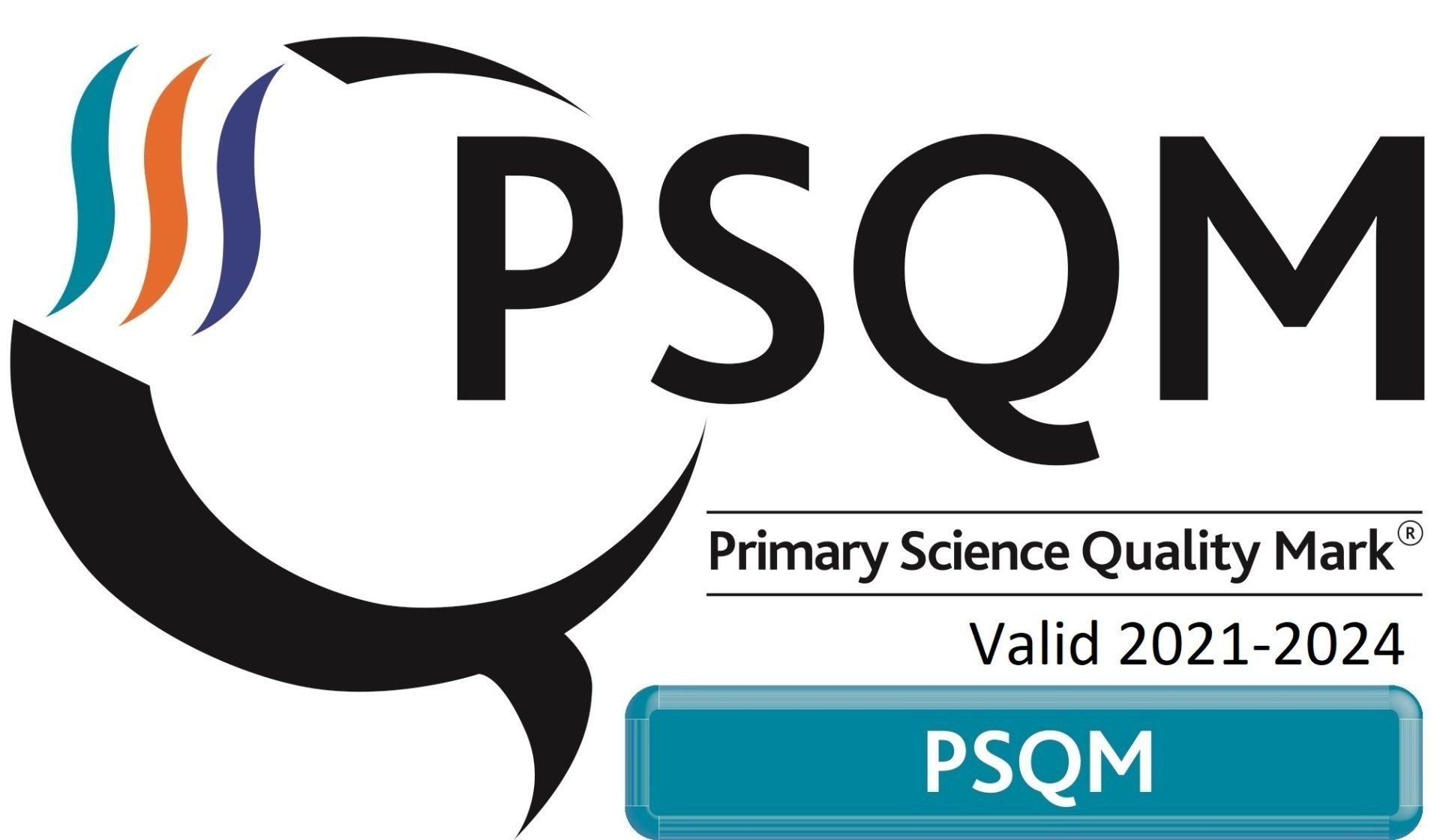Design and Technology
Curriculum
At Grafton Primary School children learn to produce practical solutions to real problems. Children develop technical understanding and making skills, learn about design methods and investigate their environment and the materials around them.
Aims
At Grafton Primary School we aim to:
- engage the interests of all children and help sustain their motivation and enjoyment of learning
- maintain and develop the confidence and ability of all children to solve technological problems
- help develop the social skills necessary to work as a member of a team, as well as the ability to work independently when the situation demands
- develop skills by focusing on the key elements of Materials, Mechanisms, Structures, Textiles, Electrical Systems, Mechanical Systems and Cooking and Nutrition by incorporating
- focused practical tasks
- product evaluation and investigation (We want children to develop awareness of the nature and application of technological products and how to evaluate fitness for purpose.)
- processes of designing and making (We want children to be involved in purposeful design and make activities which result in the development of products.)
- stimulate curiosity, imagination and creativity
- promote the ability to communicate ideas and information through a variety of media
- develop an appreciation of the importance of quality
- develop the ability to identify safety hazards and risks and take appropriate action
- provide the opportunity to design for, and consider the needs of, other people
Methods of organising Learning and Teaching
The children undertake a design and technology project at least three times a year, but not necessarily as a weekly lesson. Sometimes a whole day or two days are devoted to Design and Technology as part of a cross-curricula topic. Design and Technology lessons involve a combination of whole class, group and individual teaching. The learning opportunities can be divided into three main areas.
- Investigative, disassembly and evaluative activities (IDEAs)
These activities provide opportunities for the children to explore existing products and to gain skills, knowledge and understanding which can be applied in a design and make assignment.
- Focused practical tasks (FPTs)
Focused practical tasks provide opportunities to learn and practice particular skills and knowledge.
- Design and make assignments (DMAs)
A design and make assignment provides an opportunity for the children to combine their skills, knowledge and understanding to develop products that meet a perceived need e.g. A puppet for a child.. (In general DMAs in Key Stage One will tend to be shorter in duration and, as children move towards the end of Key Stage Two, their designing and making will become more complex and therefore more time consuming.)
The children undertake three DMAs per academic year.
We use the Design and Technology Association’s Scheme of Work, ‘Projects on a Page’ as a basis for planning. Design and Technology has many links with other subjects and most DMAs are linked to the current class topic. Through the units of work contributions are made to ICT, English, ,Mathematics, Science, Art and Design, PSHE and Citizenship, Geography and Music. Differentiation is planned for by class teachers.
The Units are allocated to each year Group as follows.:
Overview of Projects Taught in Key Stage 1 and Key Stage 2
These Projects can be taught at any time during the year depending on which Aspect fits best with the current topics being taught in class.
EYFS
Construct with a purpose in mind – Use simple tools and techniques appropriately - Build and construct with a wide range of objects – Select the tools and techniques they need to shape, assemble and join materials.
| Key Stage 1 | ||||
|---|---|---|---|---|
| Year 1 | Structures | Mechanisms | Textiles | Food Technology |
| Windmill | Designing a Moving storybook | joining techniques Puppets | Designing and making a smoothie | |
| Year 2 | Structures | Mechanisms | Textiles | Food Technology |
| Free standing structures Castles | Wheels and Axles | Purses | Healthy wraps - linked to Tea on the Titanic |
| Lower Key Stage 2 | ||||
|---|---|---|---|---|
| Year 3 | Structures | Mechanisms | Textiles | Food Technology |
| Baby Bear’s Chair | Pneumatic Toys | Egyptian collars | Eating seasonally - veg tart. | |
| Year 4 | Structures | Mechanisms | Textiles | Food Technology |
| Pavilions | Electrical systems Torches | Textiles 2D and 3D shapes – Fastenings | Adapting a recipe - biscuits |
| Upper Key Stage 2 | ||||
|---|---|---|---|---|
| Year 5 | Structures | Mechanisms | Textiles | Food Technology |
| Bridges | Doodlers | Stuffed Toys | What could be better? Adapting and improving a recipe- Healthy Bolognese | |
| Year 6 | Structures | Mechanisms | Textiles | Food Technology |
| Build a House | Build a House | Waistcoats | Come Dine With Me |






